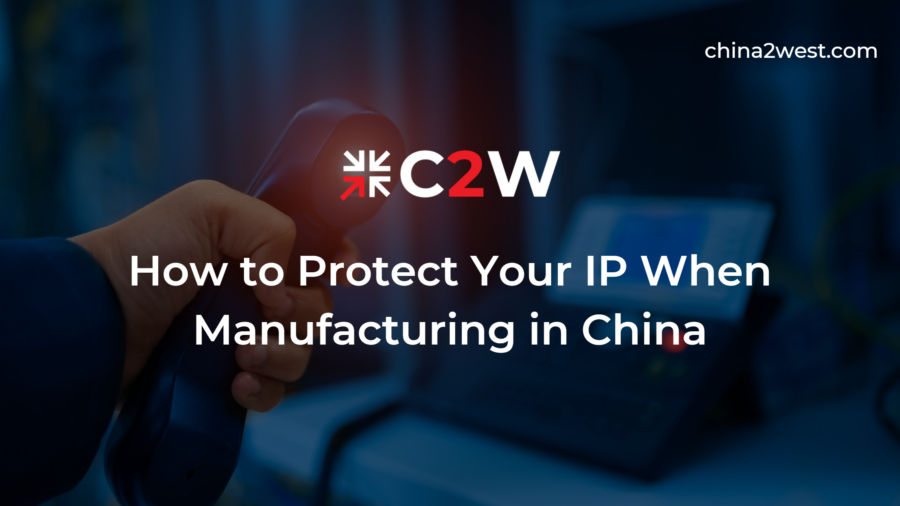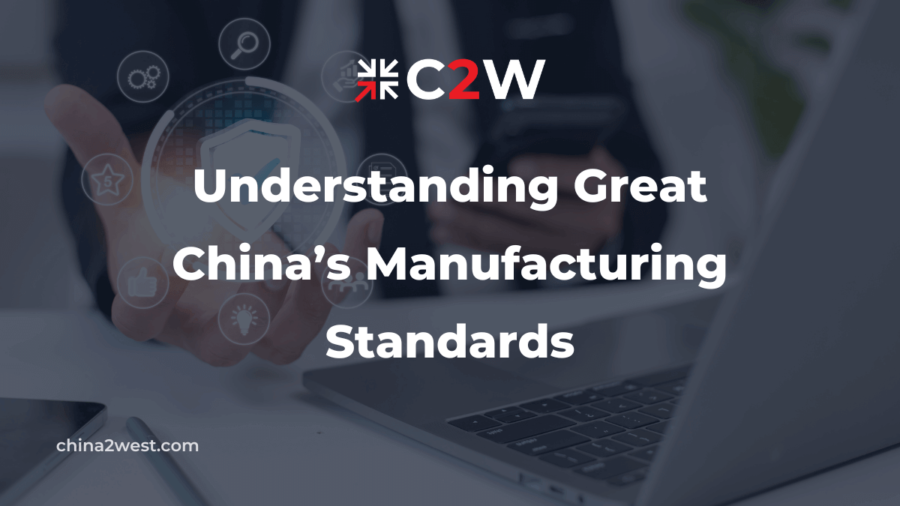Did you know that some in China are stealing intellectual assets and patents for economic reasons? In 2018 alone, there were about $320 billion in losses.
This might have you concerned that this could happen to your business. When you’re doing business overseas, you’ll want to ensure that your IP is protected to avoid this. Read this guide on how to protect your IP when manufacturing in China.
Protect Your IP Before Work Begins
Some Chinese companies are using the U.S. Patent and Trademark Office to their advantage. Whether you’re hiring Chinese manufacturing companies or manufacturing yourself, you’ll want to protect your IP address before you begin. Use IP registration in your sales market.
Register trademarks and patents in all markets that you’ll sell into. For smaller companies, you’ll need to prioritize. This is because it takes a while and is expensive to register your IP address.
The good news is that trademarks in China tend to be more affordable. Whoever puts in the request first for a logo or trademark will get it.
Use a product manufacturing agreement before work begins. Ensure that it can be enforced through Chinese courts.
Have a lawyer who understands Chinese law and can draft it for you. It’s also a good idea to have the document in both English and Chinese so that both parties can understand the agreement.
These can include:
Molding/tooling ownership
Quality requirements
Product and IP ownership
Non-Disclosure
And more
Make Sure Your Items Can’t Be Copied
Protect your IP from being copied. Even if you have an incredible design, it’s not enough.
Work with the manufacturing company to create a unique brand name and special feature of the product. The more complex the manufacturing process is, the less likely it’ll be copied.
There are some in China who are waiting for startups to create a product and then they’ll try to steal your idea. If you’re not registered in China, they can trademark it first.
They could also pretend to register your trademark and then raise manufacturing costs, forcing you to pay more. Once you find a reputable manufacturing company in China, stay with them.
Choose Reliable Companies
You don’t have to worry about IP rights as much when you work with larger suppliers. Avoid companies that just sprung up yesterday.
Larger suppliers have built up their reputation for years and won’t want to do something that’ll jeopardize that. They have more to lose if they were to steal your idea.
Will I Be Fully Protected if I Register My IP?
It might not be enough to protect your intellectual property rights. Research your current export markets and check out the Chinese market.
When you keep an eye out, you’ll be able to ensure that it’s not being copied by others. Watch the activities of distributors and keep in communication with them.
All protection clauses need to include licensees, distributors, employees, etc.
Register With Chinese Customs
The General Administration of Customs can stop products leaving China that they think are infringing on IP rights. If they’re accurate, they can seize the items.
If customs officers think a product is fake, they can review the shipment. They can also hold onto reported goods while the owner seeks legal counsel.
Copyright
When you create the product, copyright is automatically applied. You could also register your copyright in China for extra protection.
Trademarks
File an application with the China Trademark & Patent Office. Lengthen an existing trademark in China through the Madrid protocol. Speak with a Chinese lawyer with trademark experience.
Patents
These can include utility models, inventions, and design patents.
Utility models are for the protection of physical products. They don’t include chemical compounds.
They’re affordable and easy to obtain.
Invention patents have to be new. They also have to be able to last up to 20 years. They’ll go through the Patent Cooperation Treaty.
Design patents protect how a product looks. It can stop certain people from selling, manufacturing, or using the product or idea.
These can take months to complete. Once it’s available it can be used immediately.
How Soon Should I Register My IP?
As soon as possible. Since the items must be brand new, if you go past a year, they won’t be able to be protected. Remember that whoever registers the IP first receives it.
Protection Enforcement
Civil litigation is one method. This is helpful when you’re seeking damages.
There are also solutions for counterfeiting. Some companies can argue that the goods infringe on the property rights owner.
To stop items from being exported from China, you’ll need to have them registered with the General Administration of Customs.
Speak with a lawyer about the Chinese legal system before you begin. Understand your rights and protections.
Check Chinese websites for duplicates. If you find any, you can have them taken down.
You’ll need to prove your identity and what is being infringed. Law firms specialize in this and can help with any questions you have.
Understanding How To Protect Your IP When Manufacturing in China
After exploring this guide, you should have a better idea of how to protect your IP when manufacturing in China. While the smaller pop-up manufacturers are less trustworthy, there are reputable companies to choose from.
Are you wanting to save time by hiring a manufacturer in China? Contact us today!
From quality testing to supply chain management, we offer various services. If you have any questions along the way, we’re here to help.


